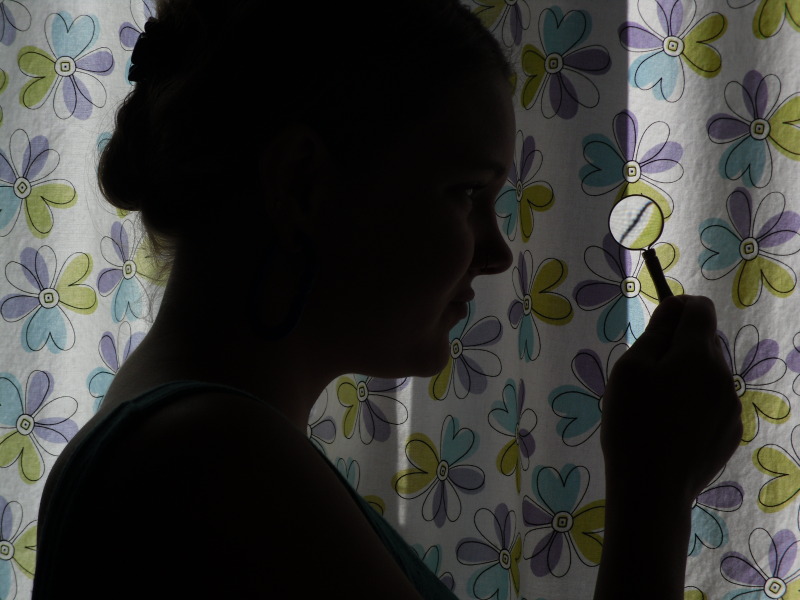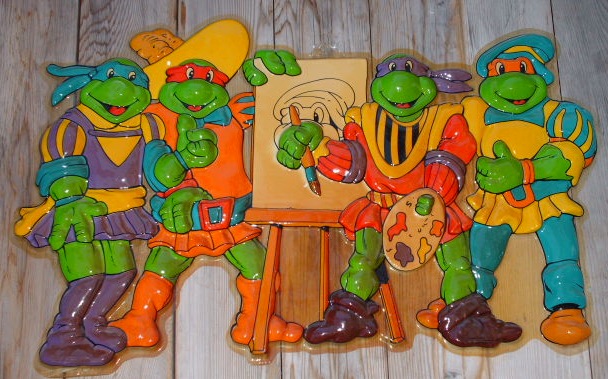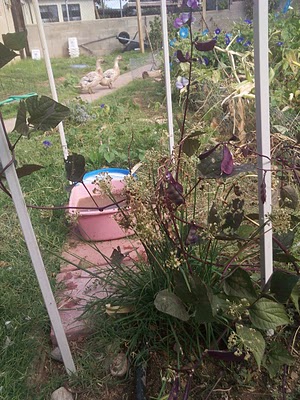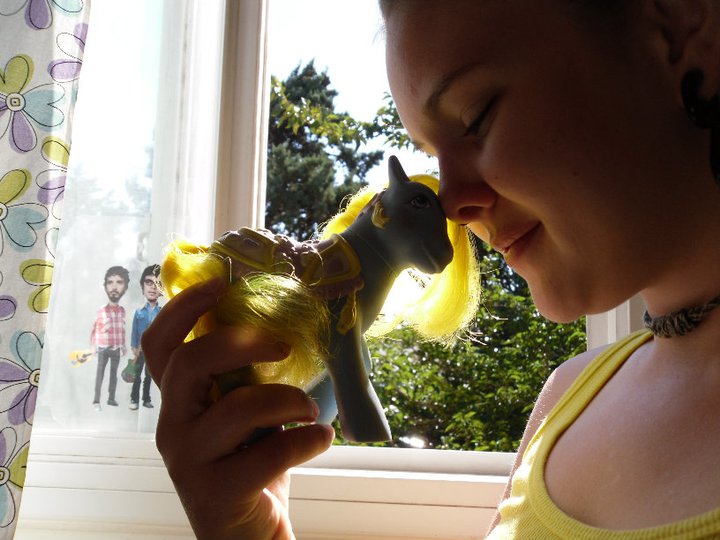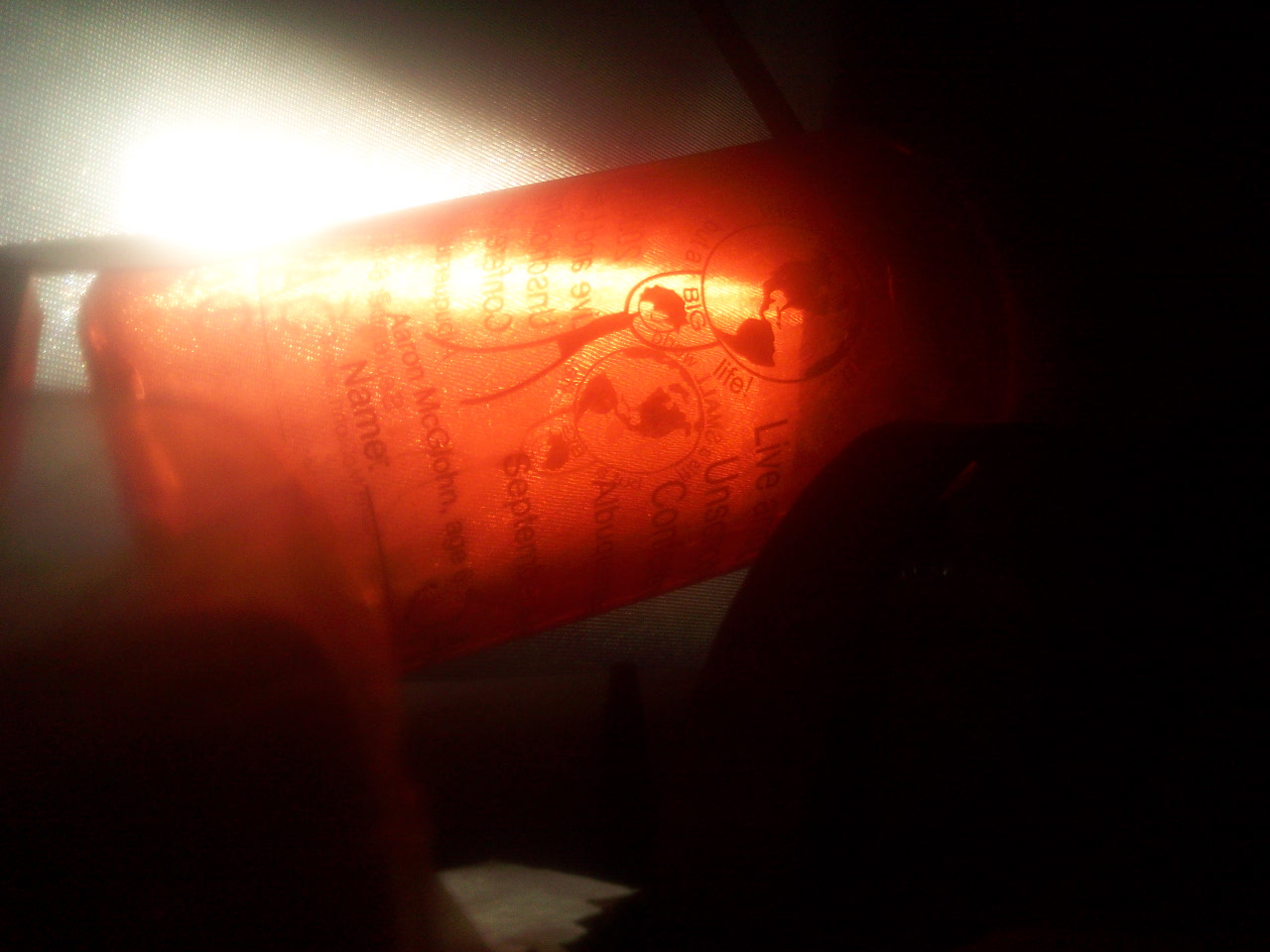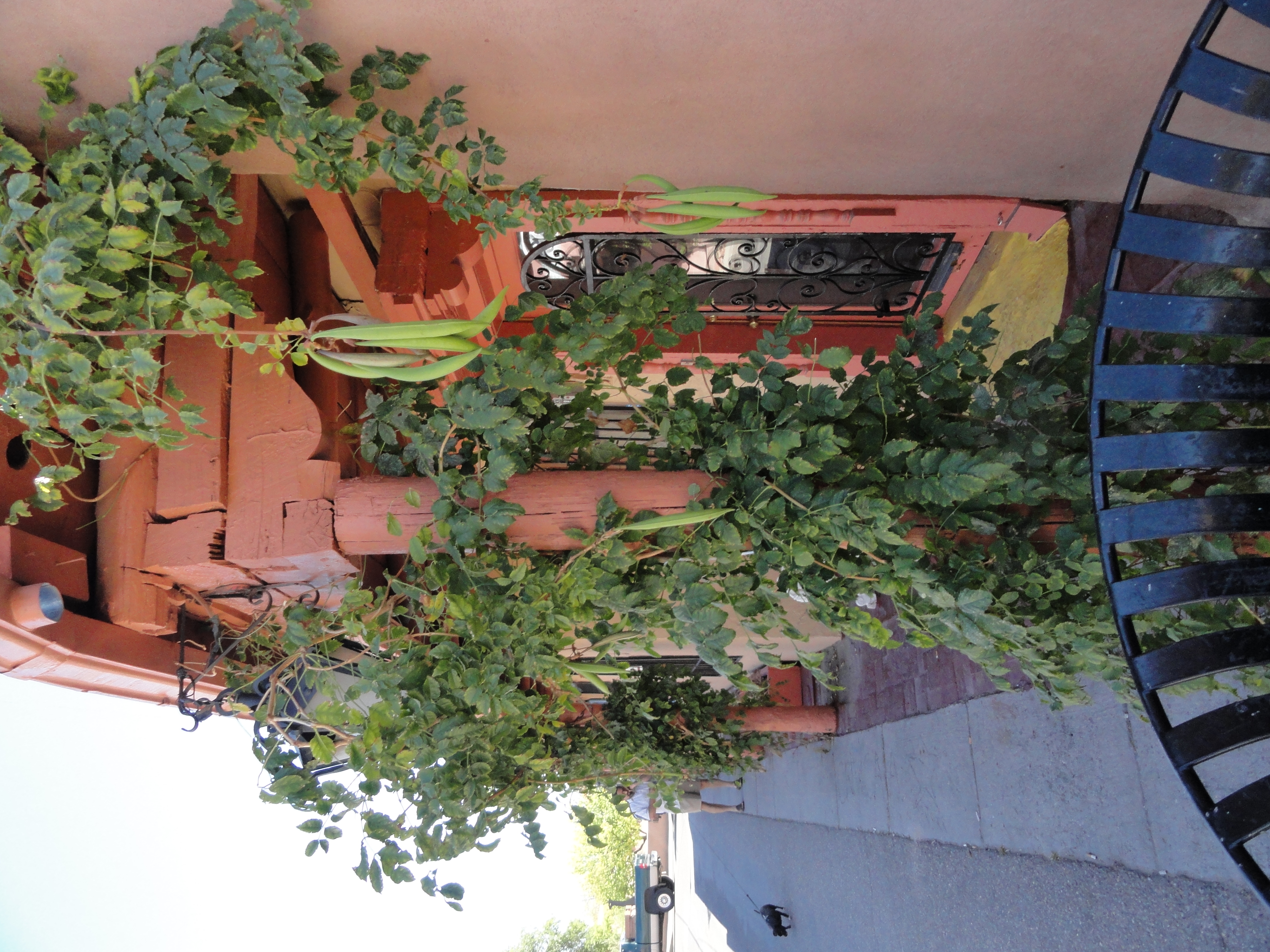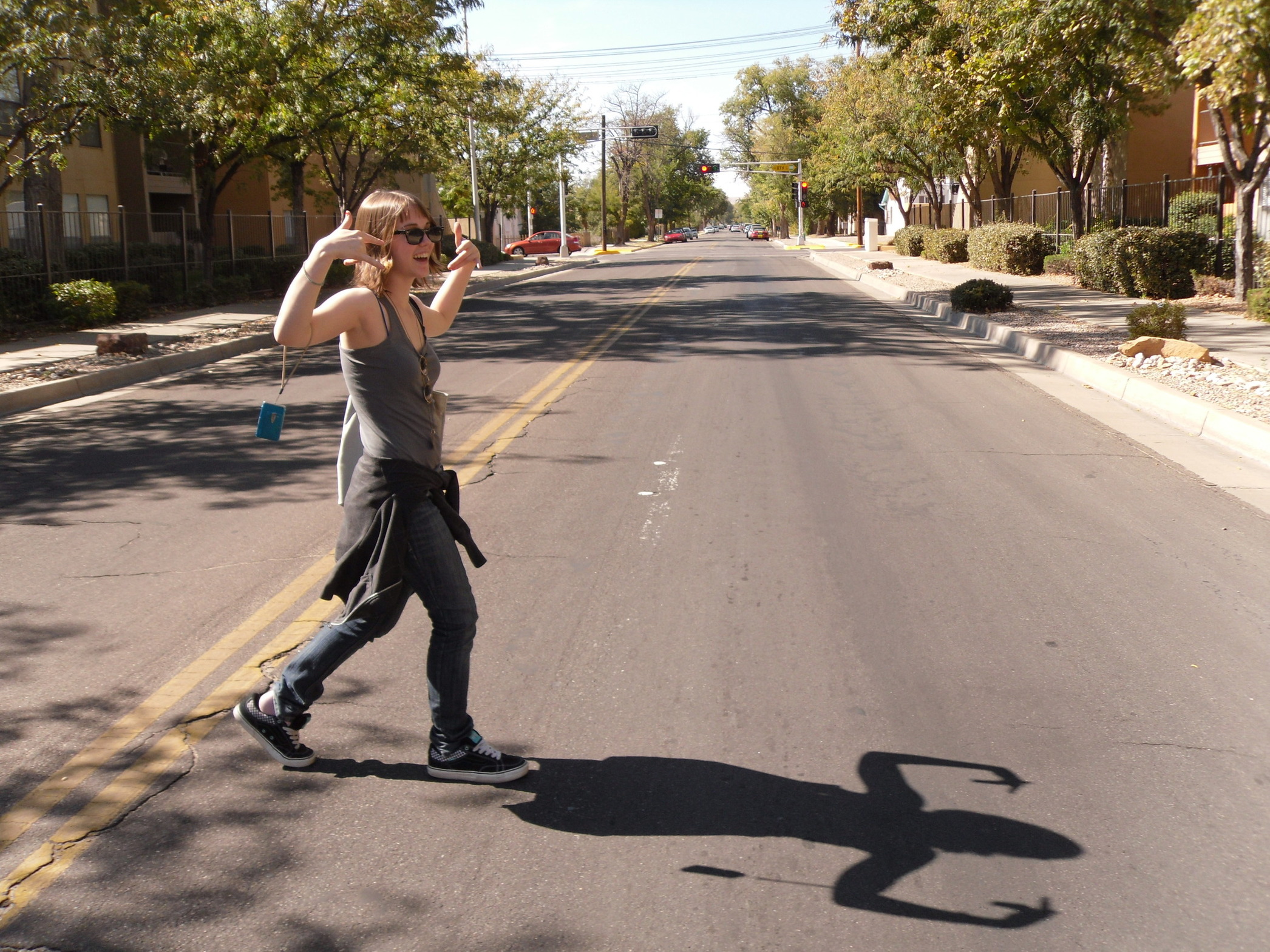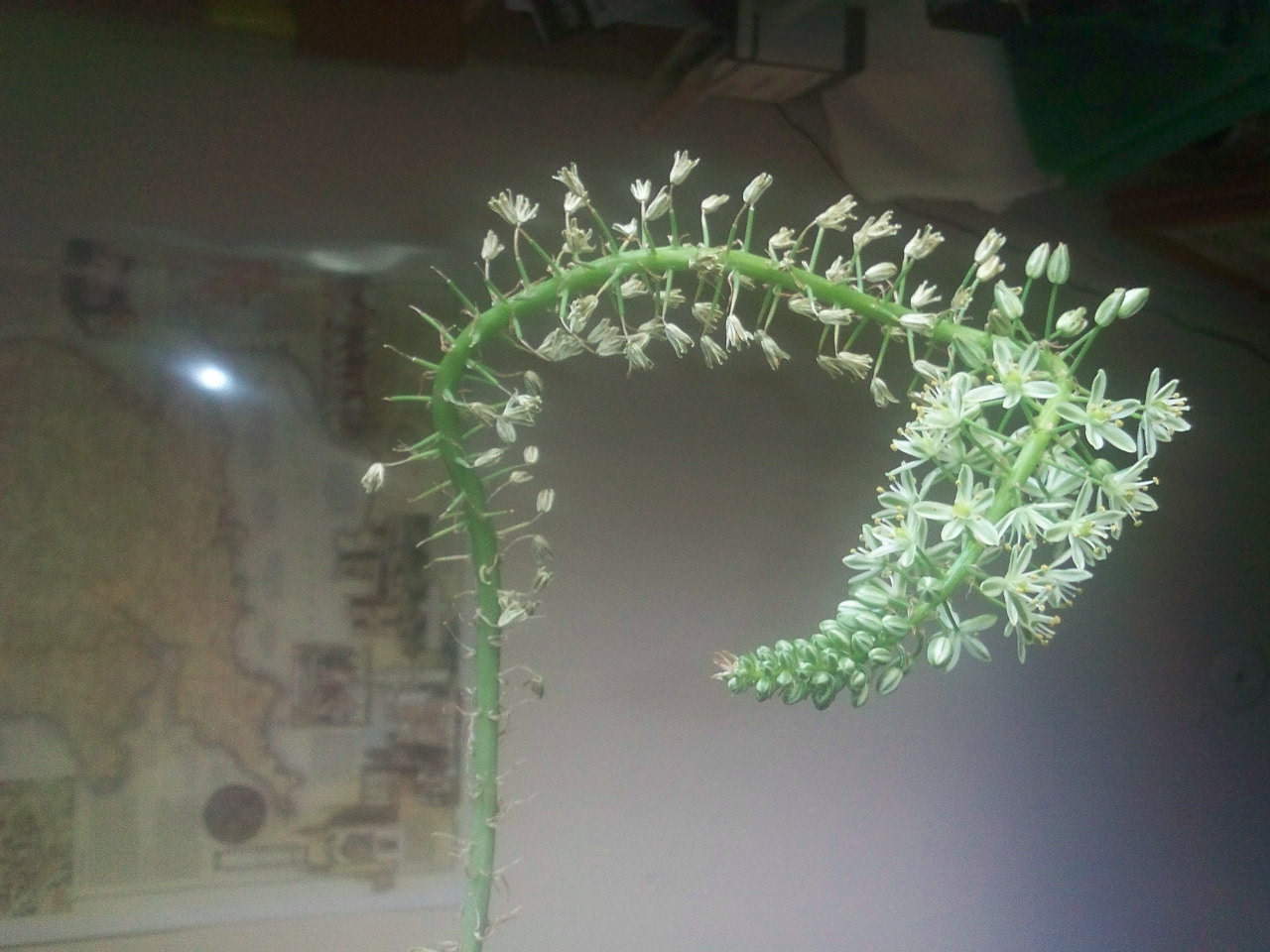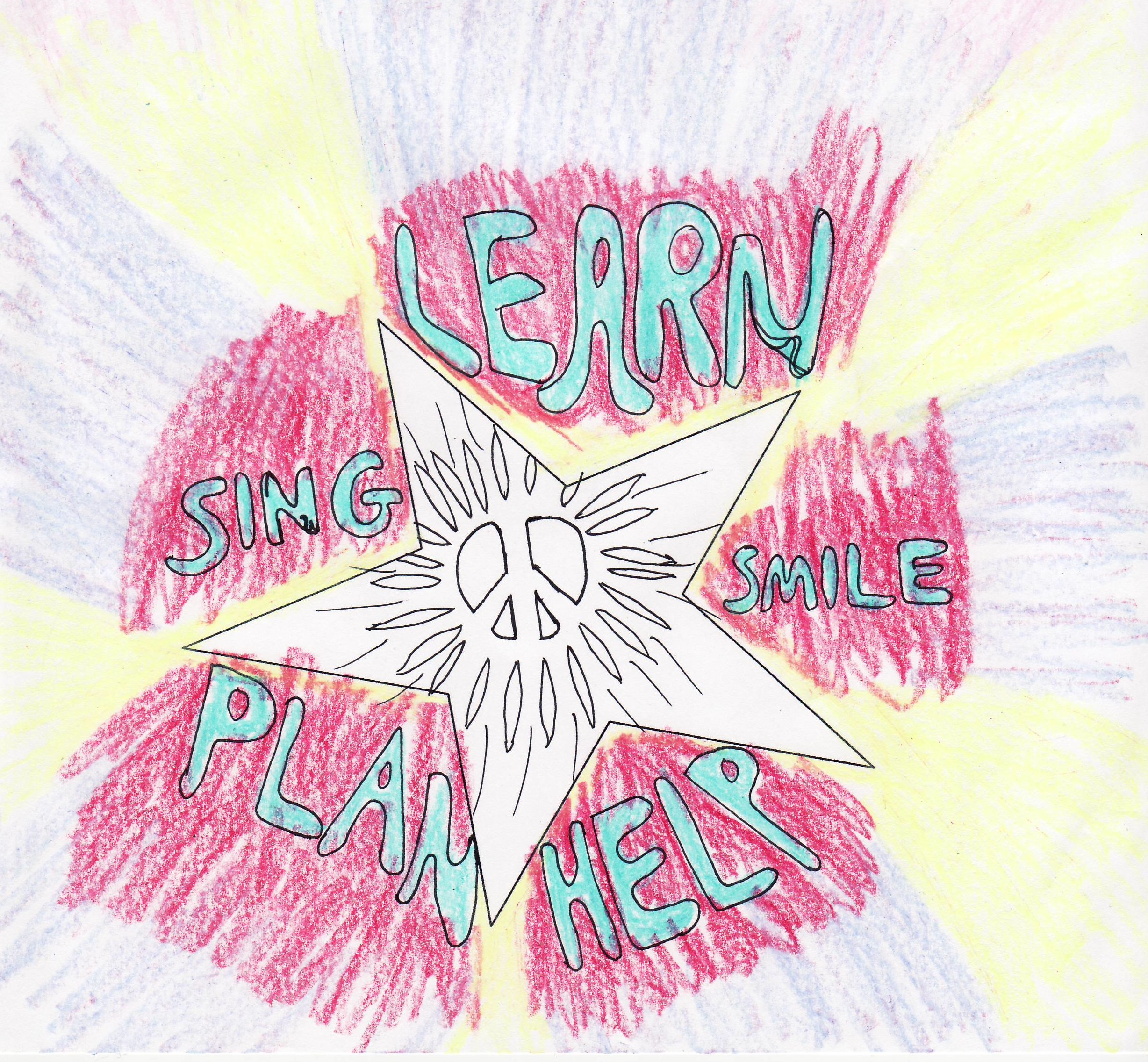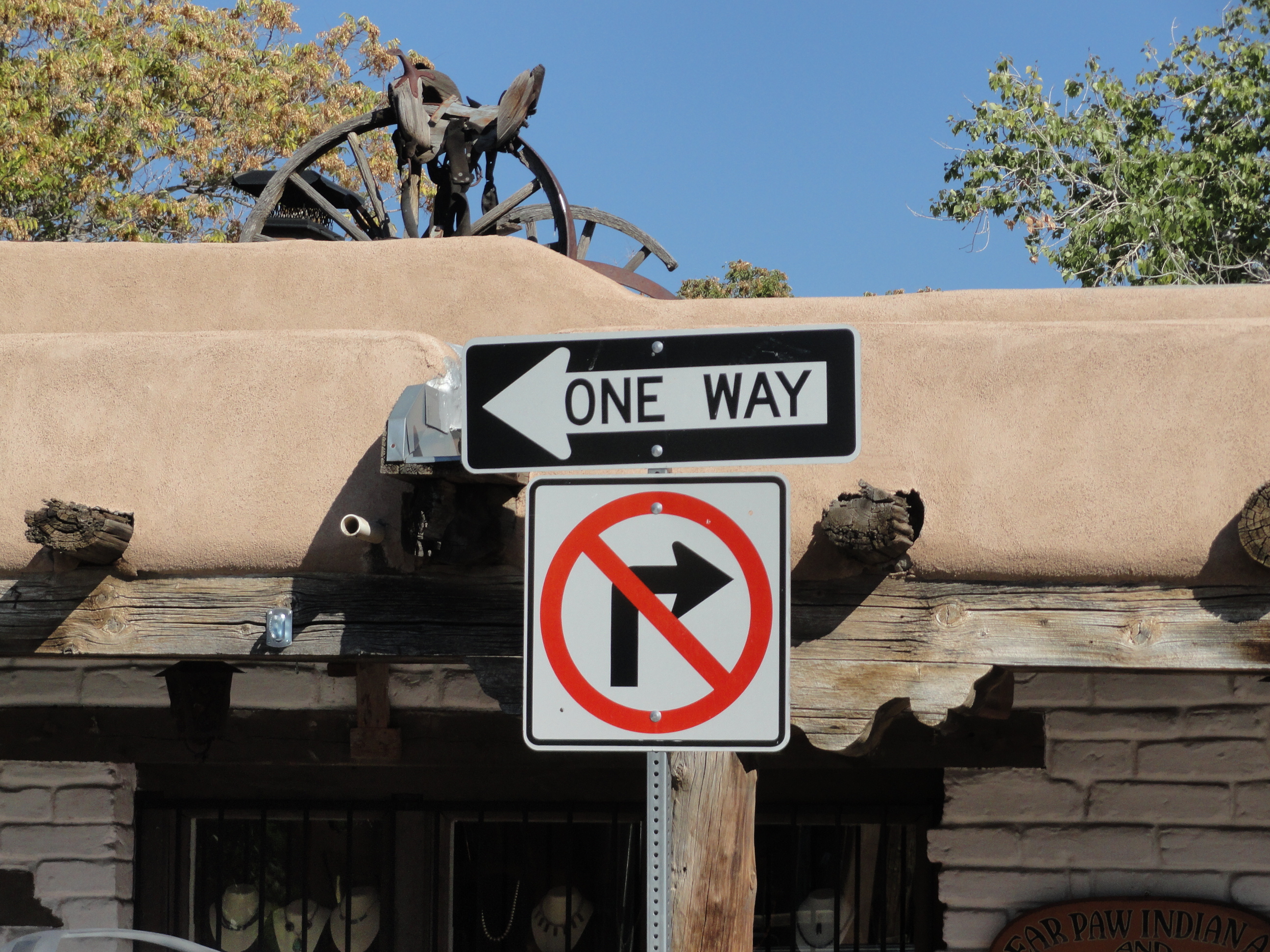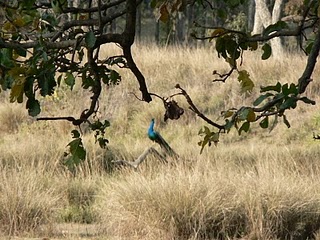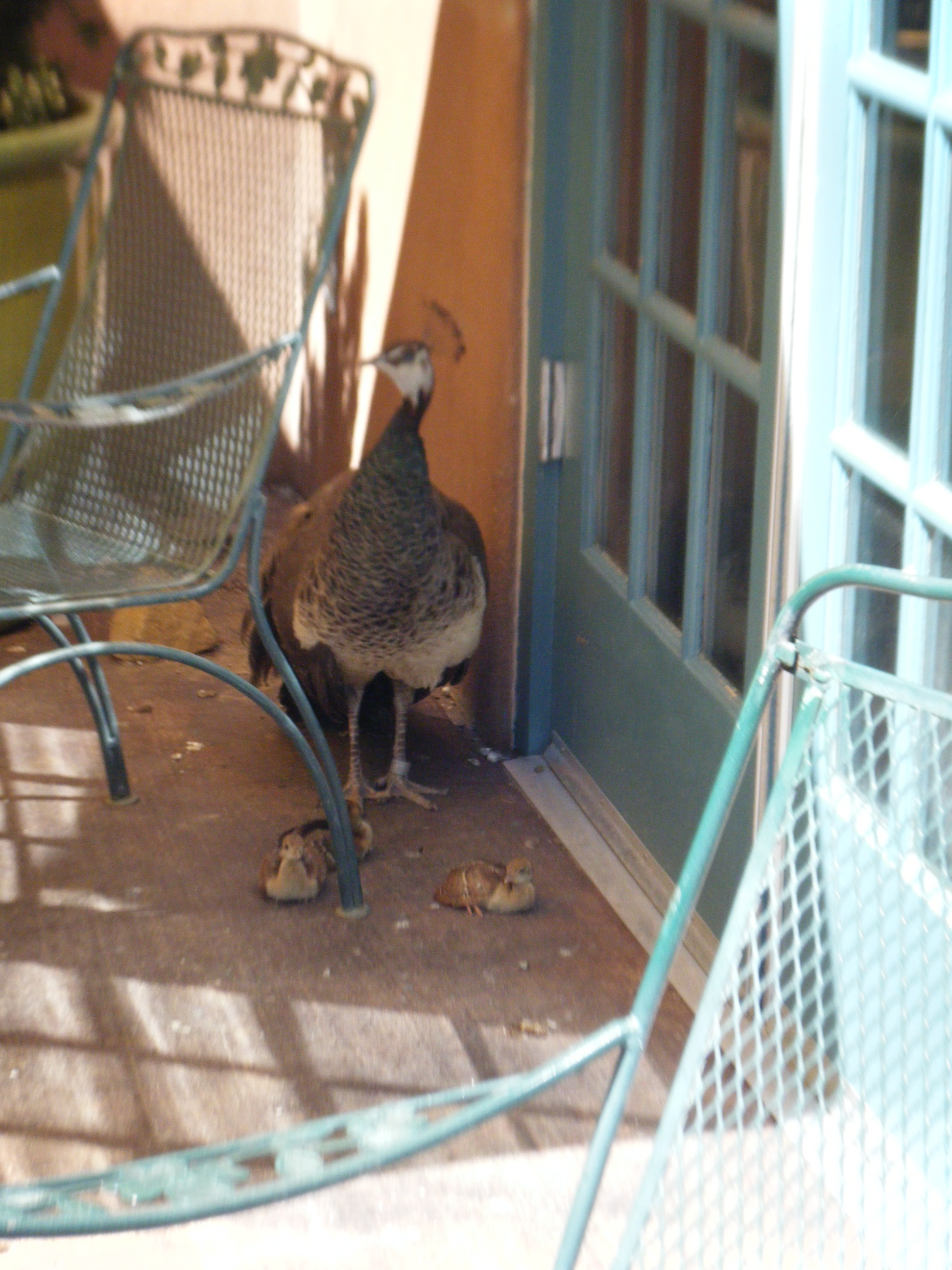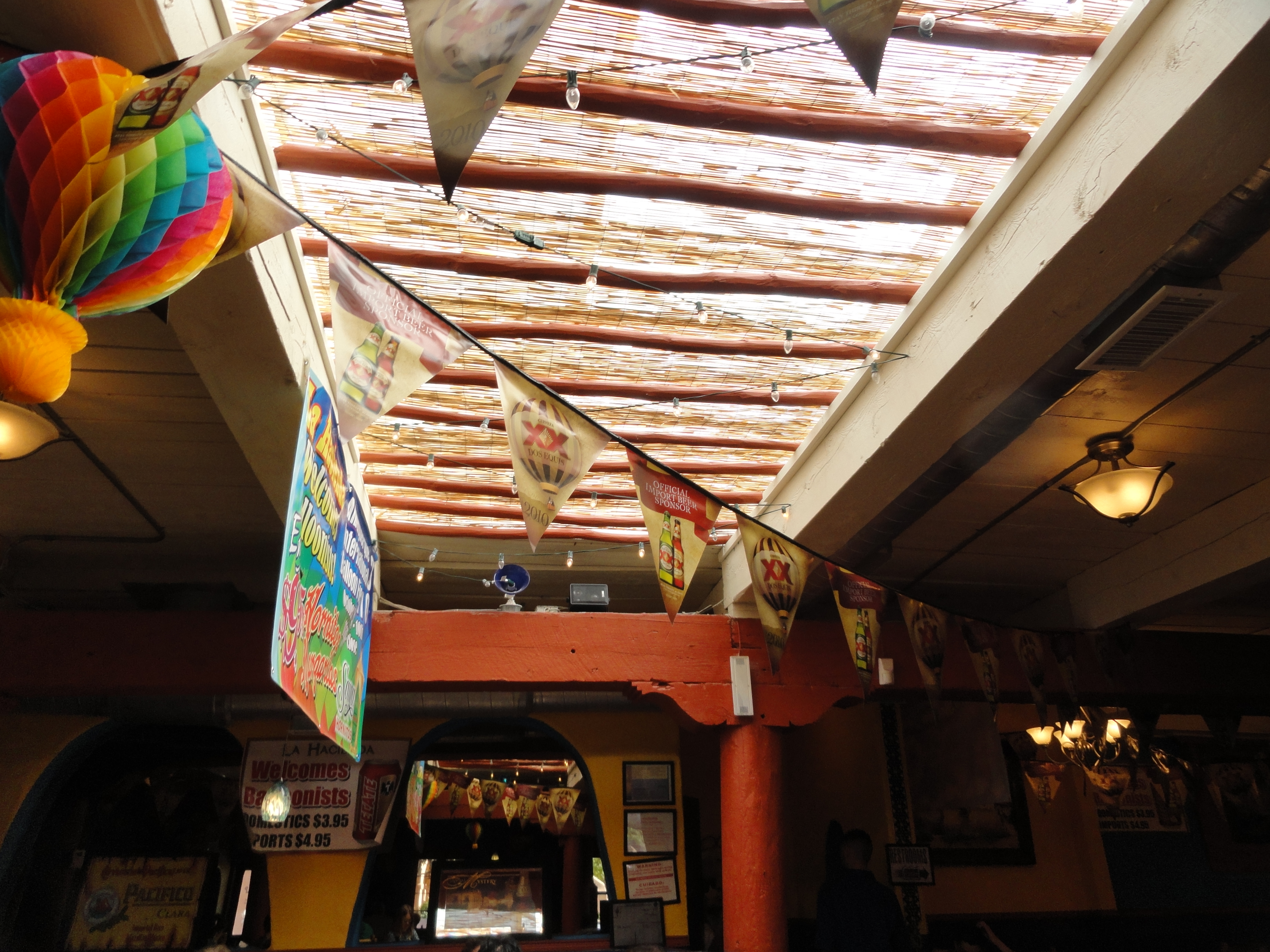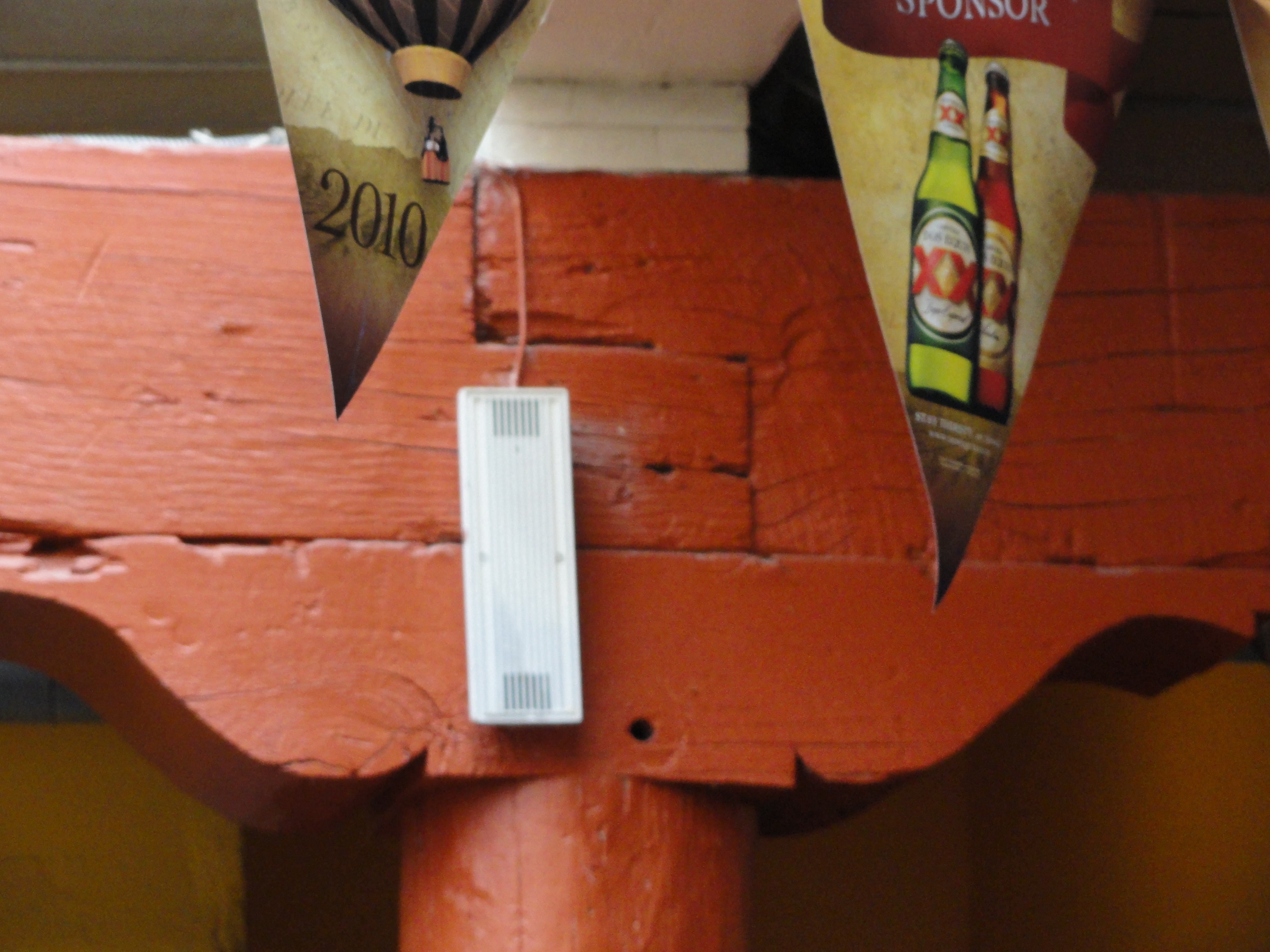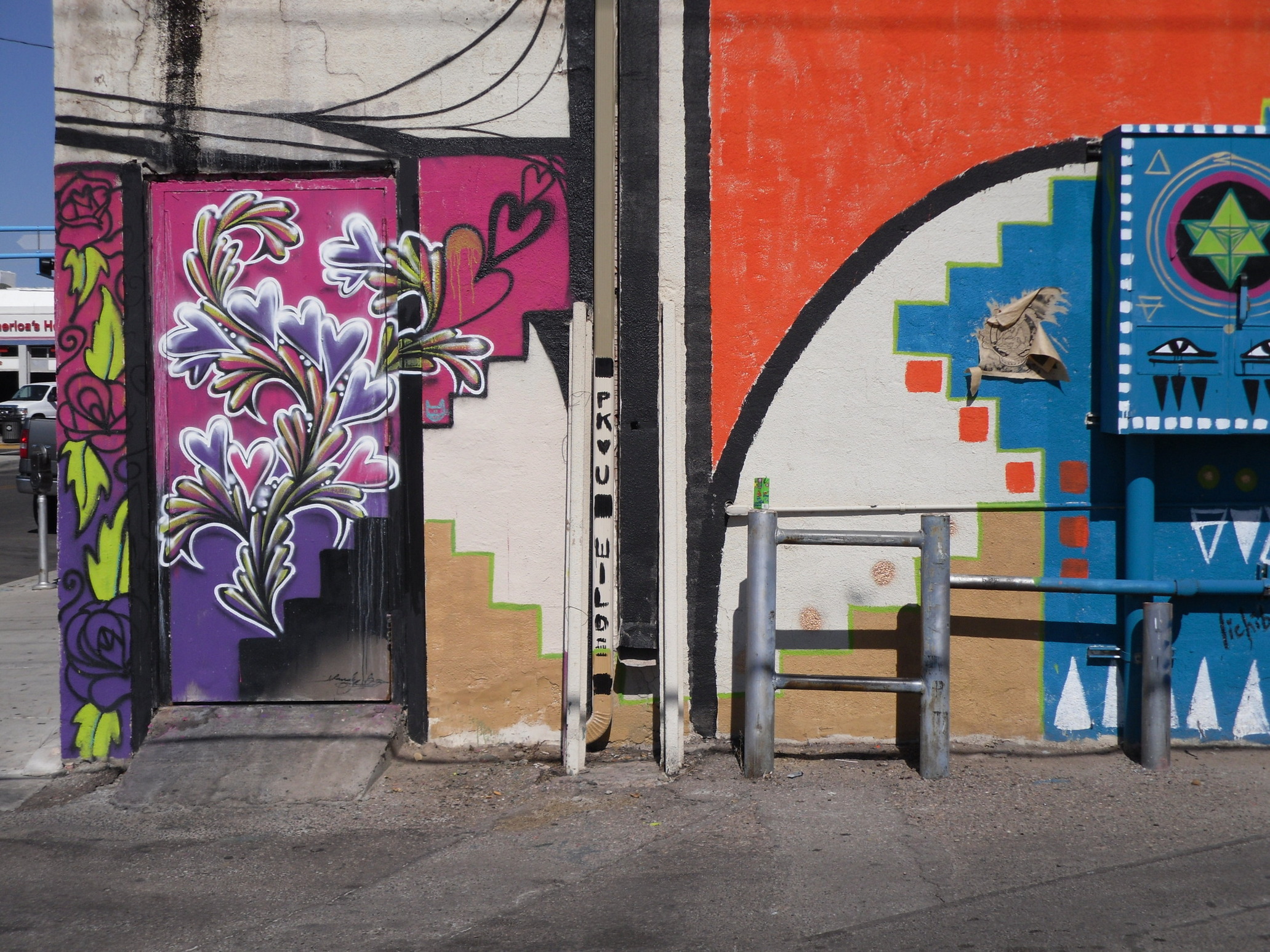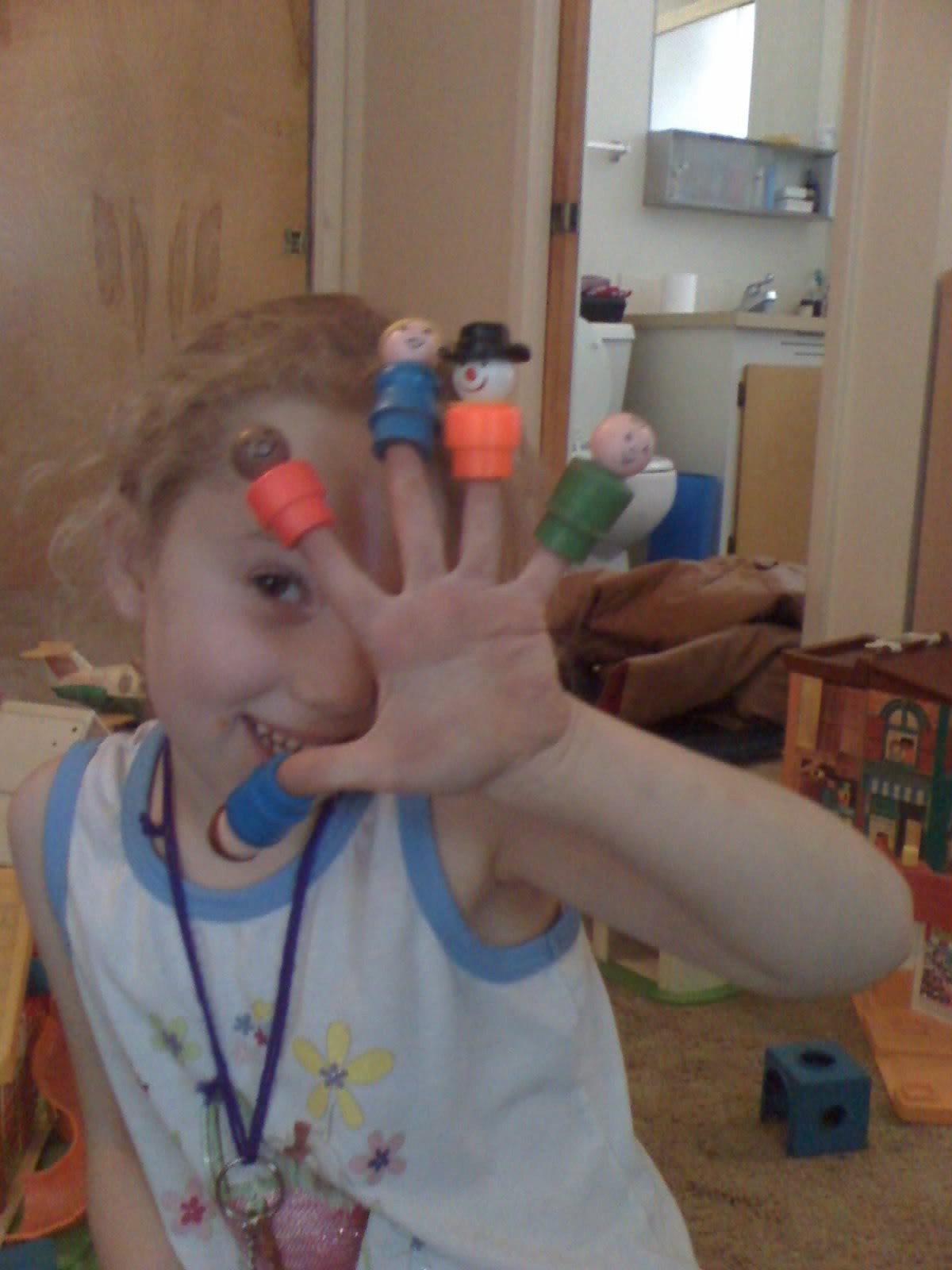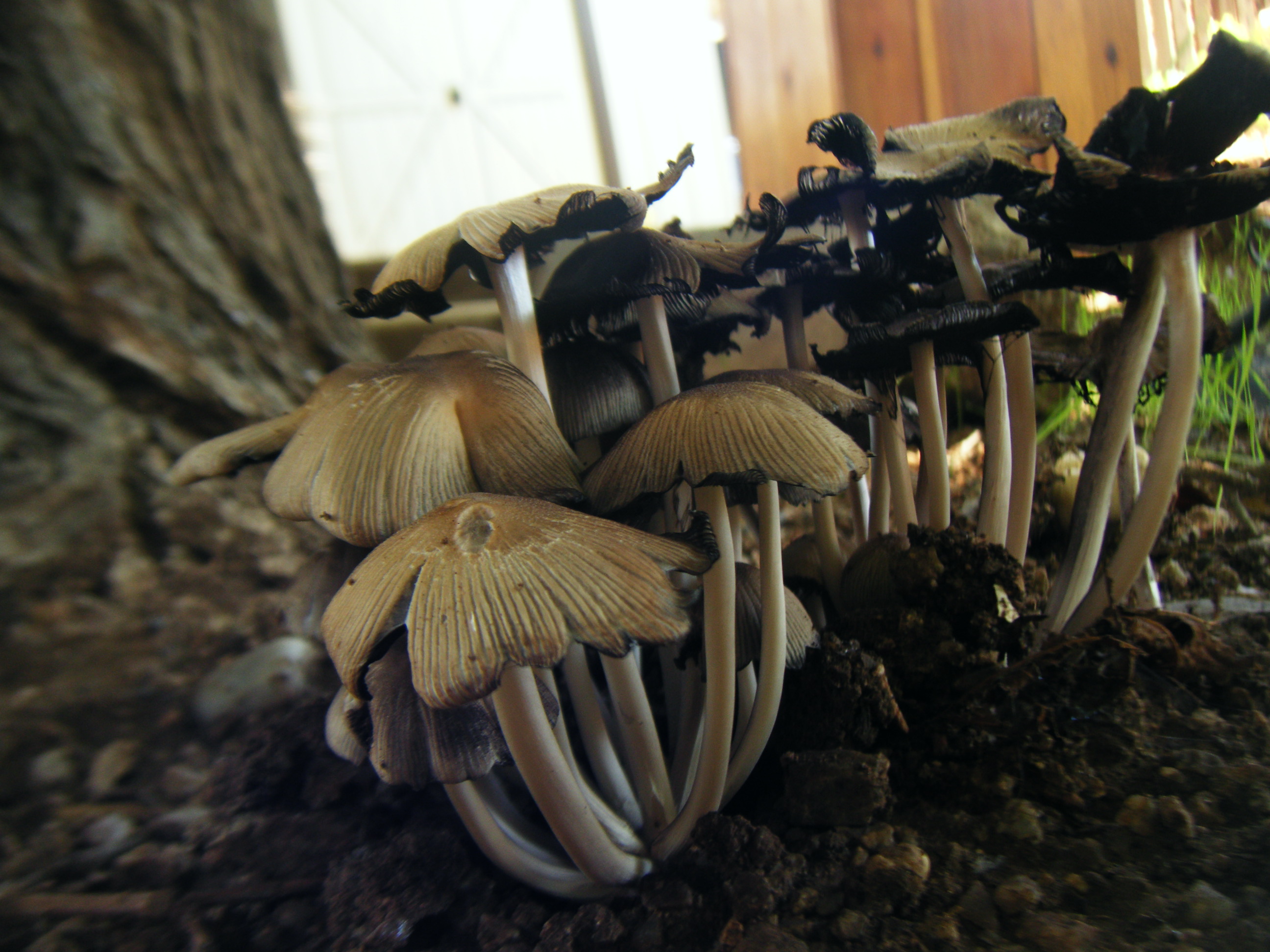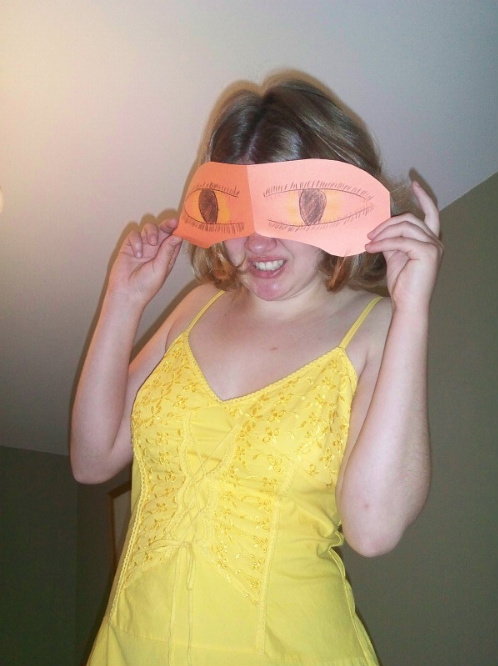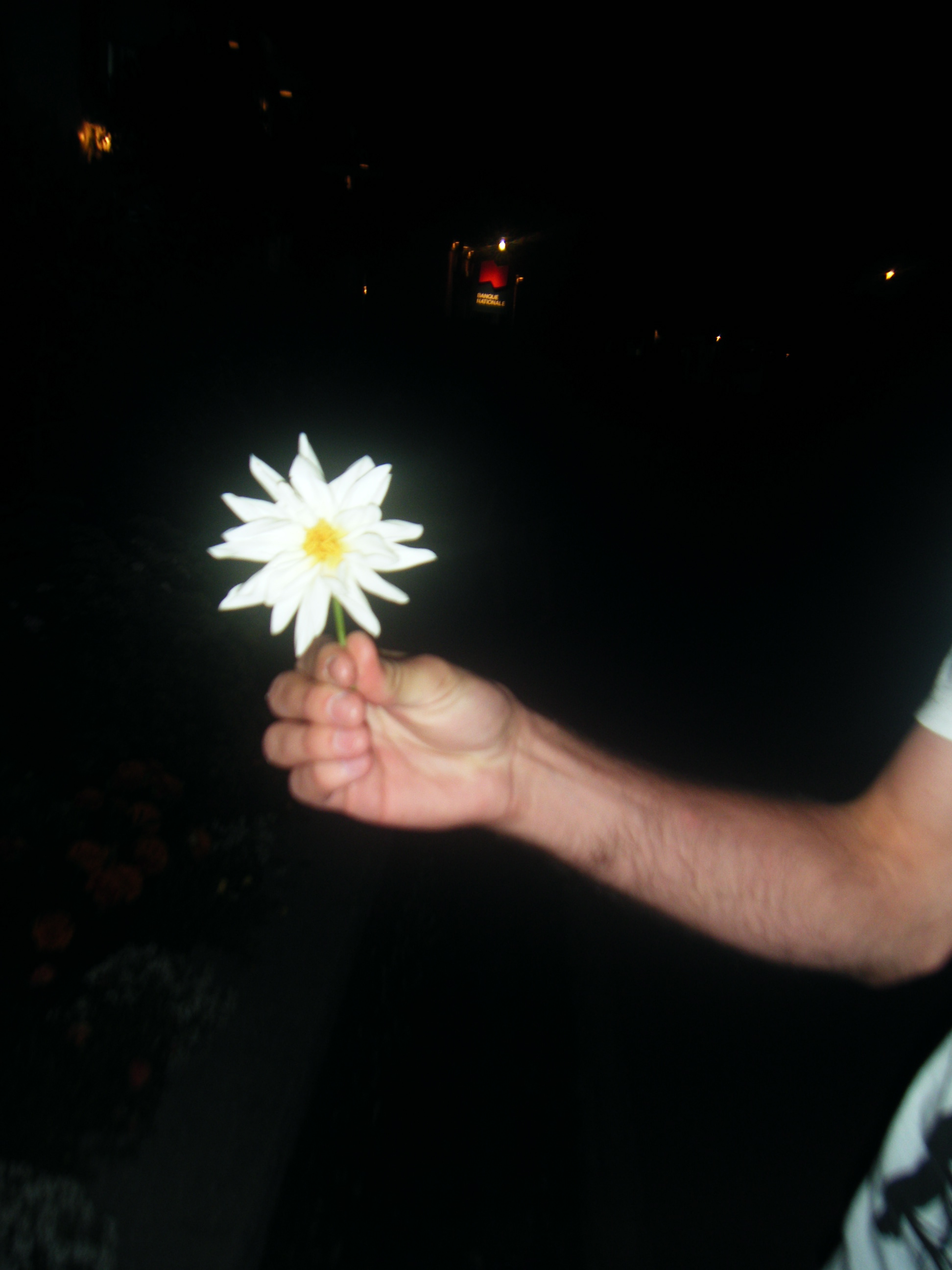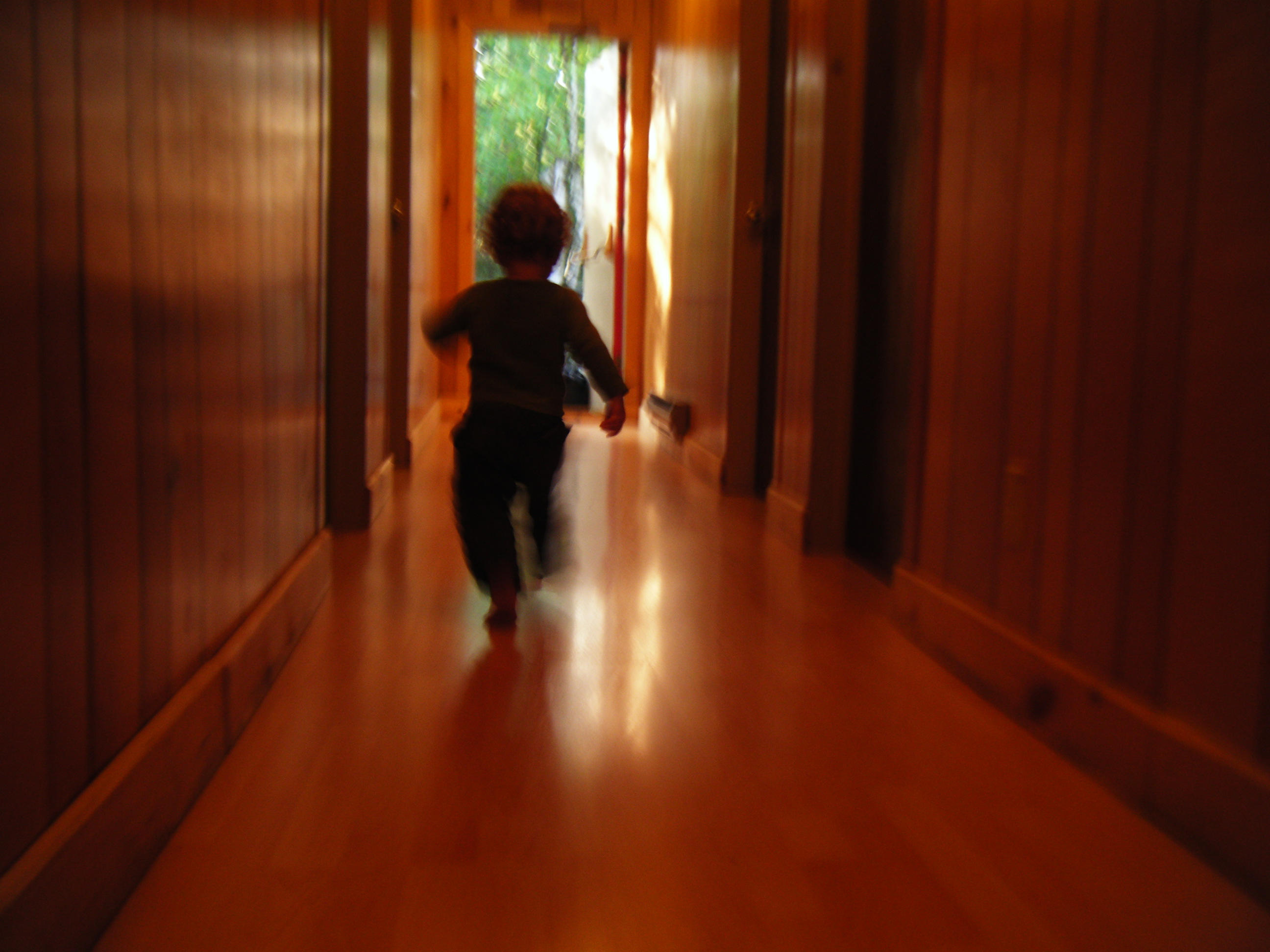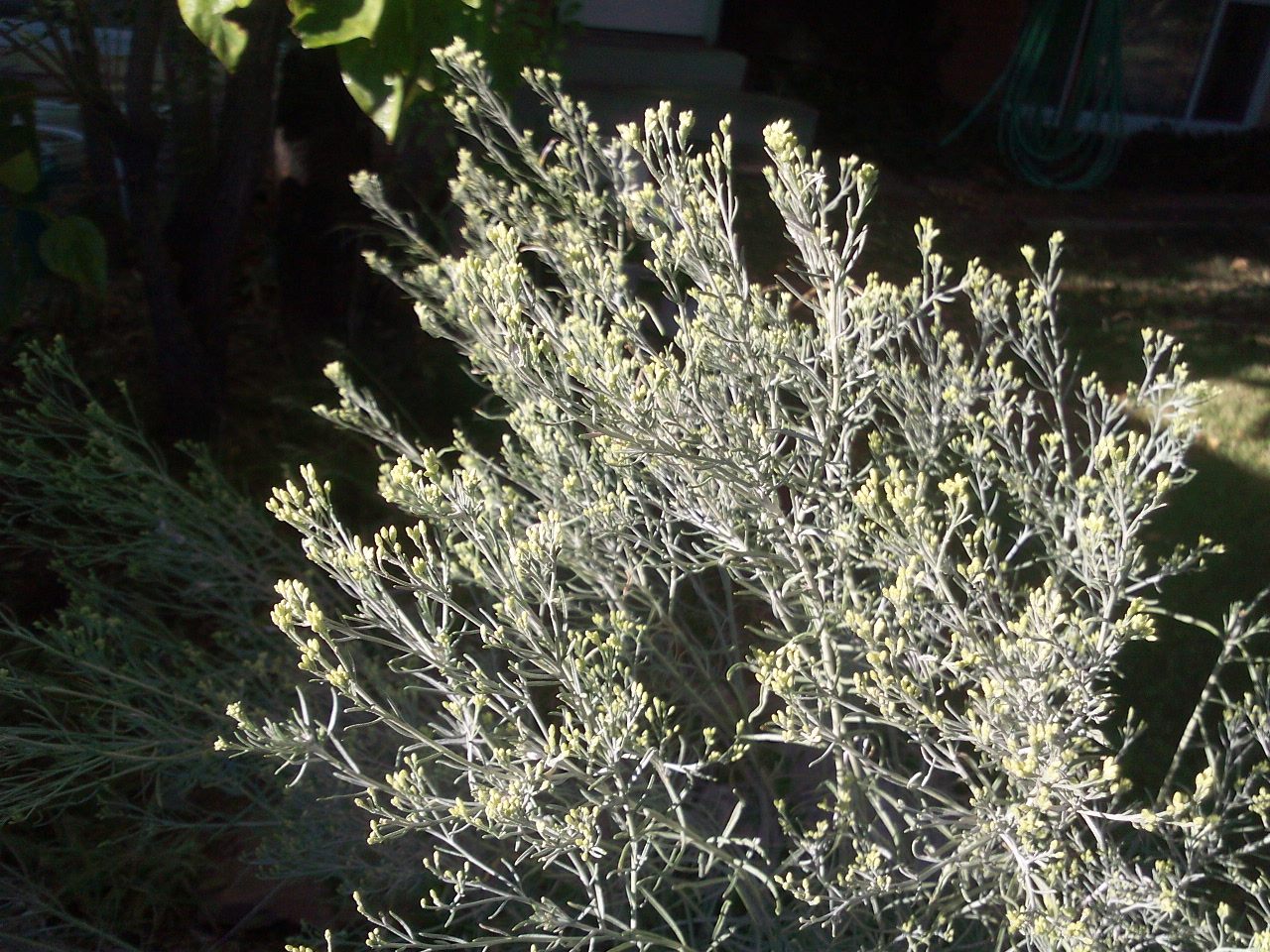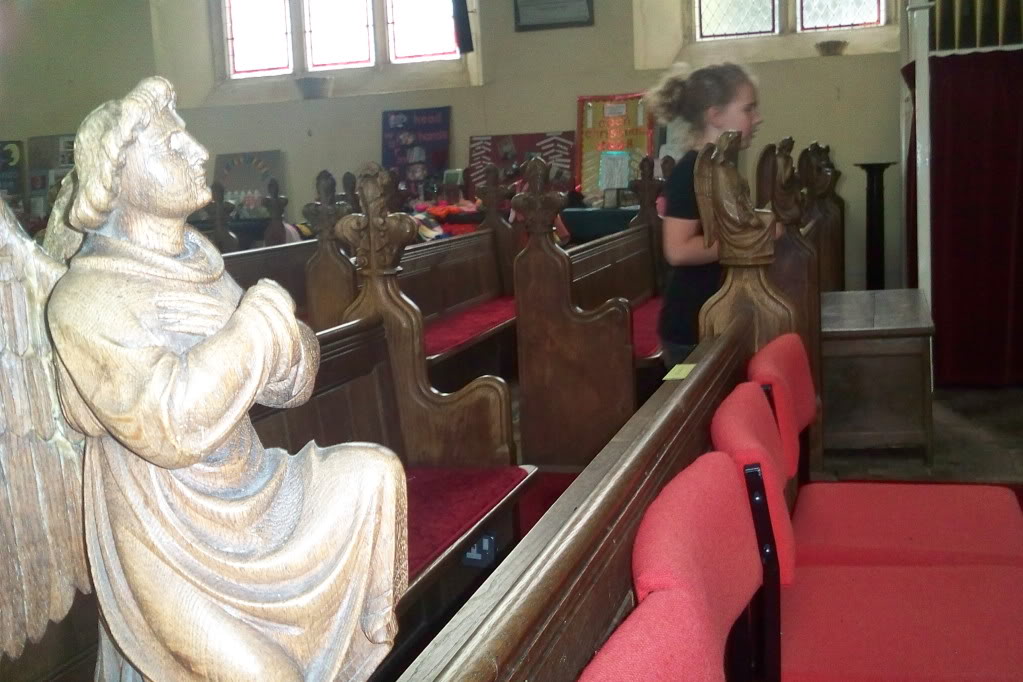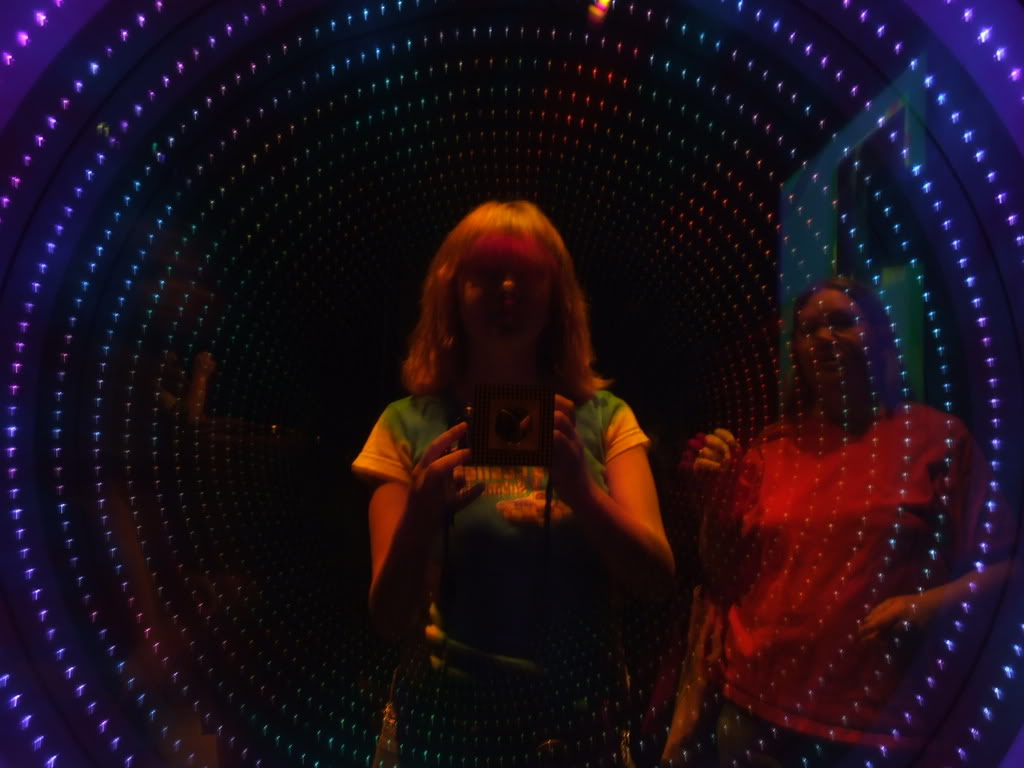"Pure entertainment"? I don't think I believe in that.
If someone is being entertained, that person is thinking. That person is analyzing SOMETHING, and every trail made in the brain is a reuseable trail, and a trail to connect to other things.
If someone is NOT being entertained, they will be learning negative, yucky stuff—being made unhappy, learning what and who to avoid in the future.
 |
Whatever your children do should be unfolding in as stressfree and joyful a way as possible. THEN it will be mindful.
If the opposite of mindless is mindful, it's not the stimulus but the thinking to consider.
SandraDodd.com/t/cartoons
(In the past few days I've been in three different homes with kids watching cartoons, in Bangalore and Pune, India. I've seen parts of Disney's beautiful "Snow White and and Seven Dwarfs," Tom and Jerry, Ben 10, 102 Dalmations, something in Hindi that I think was originally English, and a Hindi DVD on the origins and adventures of the Monkey God Hanuman.)
